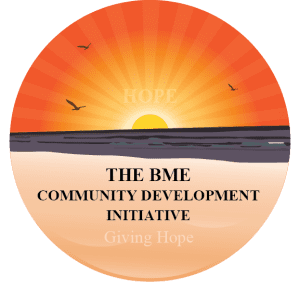Gratitude – The Antidote That Can Save Young Lives

In that article, we saw how a lack of gratitude and connection contributed to tragic outcomes in youth violence and extremism, and how cultivating gratitude recognising the good in one’s life and community can anchor young people against harmful influences.
Real-life cases such as a teen who planned a school massacre or a girl who joined ISIS, illustrated that when youth feel no gratitude for what they have, love, safety, education and instead focus on what they lack, they become vulnerable to hate and violence.
The article then showed that gratitude can be a lifeline: a preventive measure that fills the void with belonging and hope. Citing psychological research, it highlighted that grateful people are more empathetic and less aggressive.
Initiatives like the Channel anti-radicalisation program demonstrated how mentors can steer at-risk youth by nurturing appreciation for community and opportunity. The piece concluded that making gratitude fundamental at home, in schools, through mentors and community is a powerful strategy to raise resilient, non-violent youth.
In essence, gratitude, much like kindness, is a protective factor and a source of strength for young individuals, enabling them to see value in their lives and thus, value the lives of others.
It is an antidote we can administer through simple practices: reflection, acknowledgment of blessings, and teaching youth to say “thank you” – not just as manners, but as a mindset of seeing the good, which in turn, makes doing good more natural.

